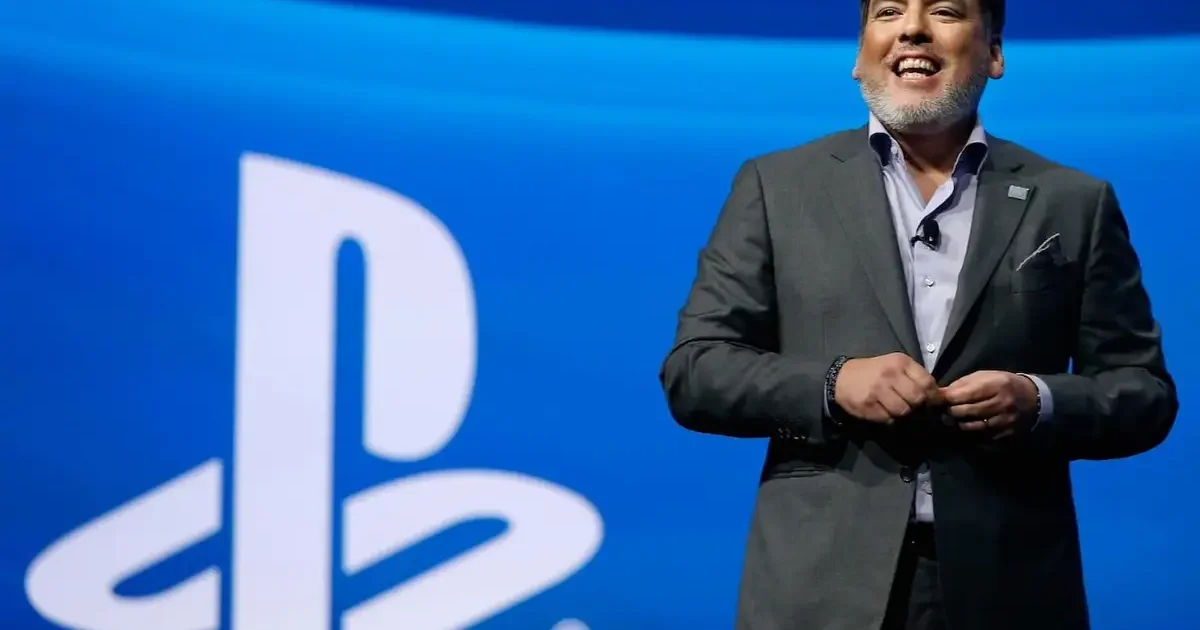
Is the Video Game Industry Truly Resilient to Economic Downturns?
The notion of the video game industry being impervious to economic downturns may no longer hold true. With consumers grappling with inflation and the looming threat of a recession, their spending habits are undergoing a shift. An in-depth analysis by GamesIndustry.biz, drawing insights from discussions with industry insiders, raises doubts about the readiness of current business models, such as escalating game prices and the surge in subscription services, to navigate these new challenges.
The Evolution of Consumer Spending Patterns
Notable figures in the industry, including former PlayStation executive Shawn Layden and analysts Mat Piscatella and Piers Harding-Rolls, have voiced their concerns, contending that while “games are recession-proof,” the underlying business models may not be. In the United States, for instance, consumers are planning to cut back on their video game expenditures due to inflation and recession apprehensions, marking a departure from past economic crises.
This shift in consumer behavior has led to a concentration of revenue in certain games, like Fortnite and Roblox, which command a significant portion of players’ time and money. Consequently, a majority of titles are experiencing diminished sales. The decision to raise prices for some “premium” games to $80 is also being scrutinized by experts, as the proliferation of free games and subscription services, such as Xbox Game Pass, dissuades many players from taking the risk of a pricier purchase.
The Controversy Surrounding Subscription Services
Shawn Layden posits that, notwithstanding their popularity, subscription services could have adverse effects on creators, fostering a “wage slave” mindset that devalues the public’s perception of games. In an industry that has historically weathered crises, the need now arises for adaptation to a novel consumption model, characterized by heightened competition for players’ time and money like never before.



